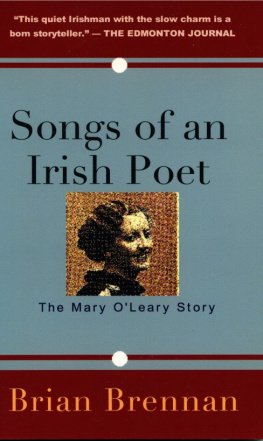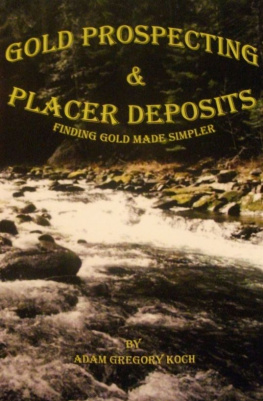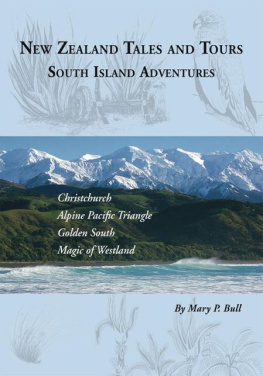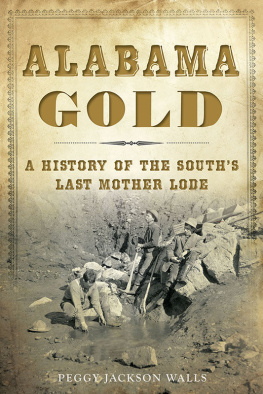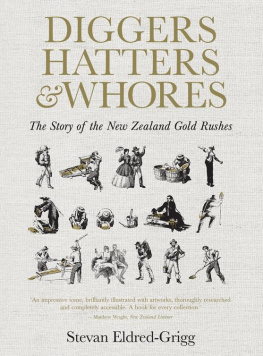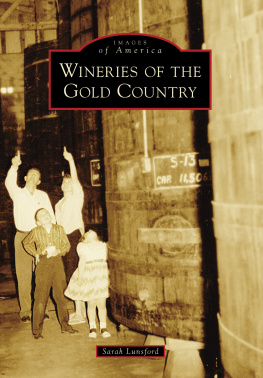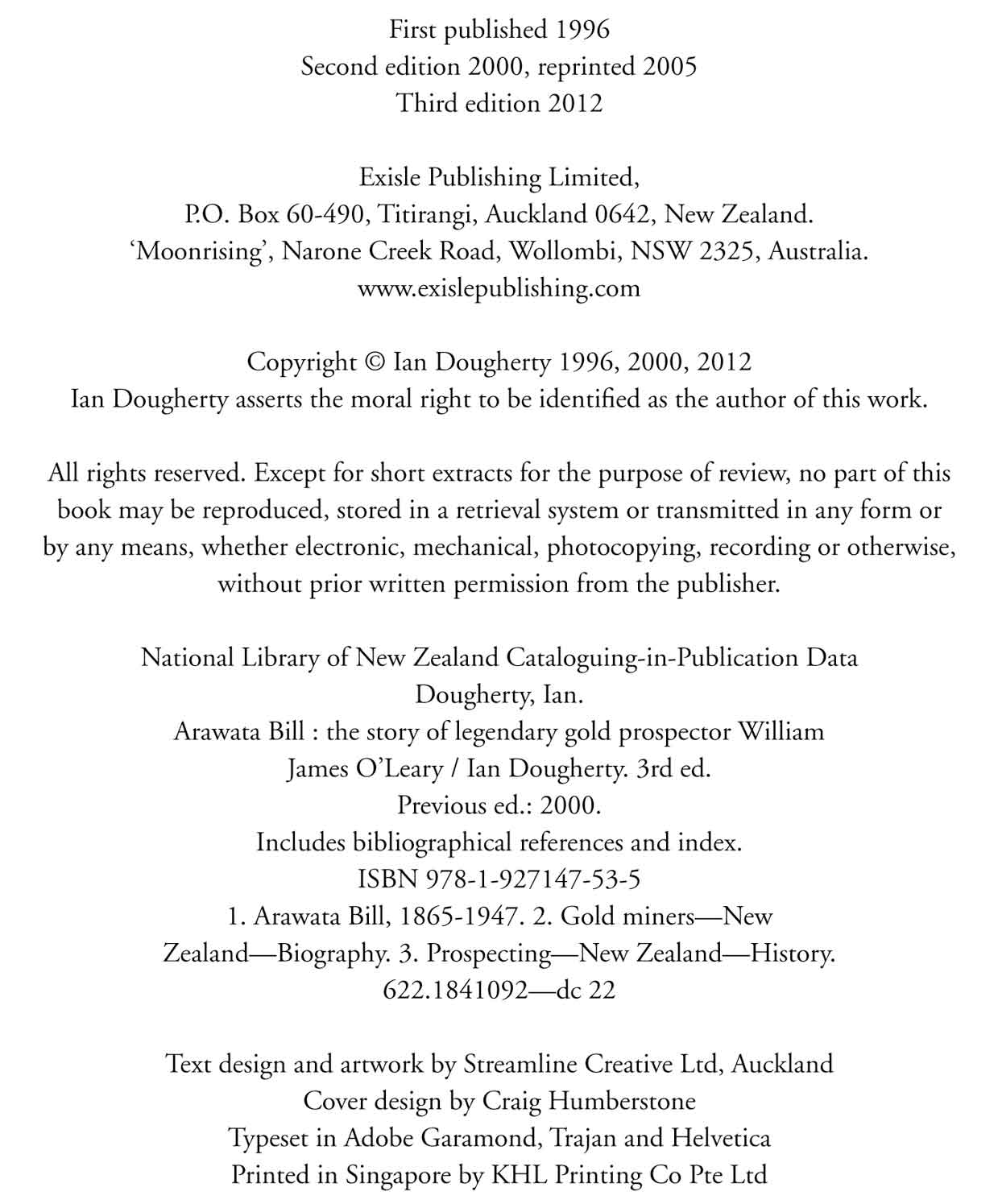
To my parents.
PREFACE
I first heard the name Arawata Bill one wet Easter Monday afternoon at the old Park Board hut which used to squat beside Lake Howden in the Fiordl and National Park. I was a varsity student walking the Routeburn Track during the Easter break. Over an enamel mug of packet soup I listened to an old-timer reminisce, as old-timers do in back country huts on wet Fiordland afternoons. In the accidental sauna of stove drying sweaty woollen socks and bush shirts he told me of a character called Arawata Bill hed met while working on the Milford Road during the Great Depression.
They were wonderful stories I hoped were true but had my doubts. Stories of a man who was born into poverty, lived on porridge, had a 40-year-old horse and climbed mountains in a three-piece suit and thigh gumboots in his seventies. They were stories of a man who wasted a lifetime in the remote valleys of North-West Otago and South Westland looking for lost ruby mines and hidden sovereigns and buried sea-boots full of gold. Stories of a man who was buried in a paupers grave and somehow became a folk hero and a legend along the way.
The stories of Arawata Bill stayed with me and I added to the collection over the years. More elusive was material about the man behind the legend, William James OLeary, and how he became that legendary figure in New Zealands folklore and literature.
In the quest for payable gold about Bill OLeary I am indebted to many people. Present or former residents of South Westland, Henry Buchanan, Allen Cron, Betty Eggeling, and Bill, Des and Kevin Nolan allowed me to mine their precious memories.
So too did present or former residents of the communities near the shores of Lake Wakatipu, Ernie and Harry Bryant, Albie Collins, Neil Cook, Jim Gilkison, Rosie Grant, Norrie Groves, Elfin McDonald, Andy Paulin, Peter Sharpe, Mark Shaw, Bob Thompson, Reta and Tommy Thomson, Lloyd Veint, Moira Webb, and Ailsa and Vic Yarker.
Former climbers Andy Anderson of Christchurch and Gordon Speden of Gore, Bill OLearys niece Stella Dalley of Wellington and Murray Gunn of Hollyford shared their invaluable recollections and Murray gave me access to his fire-rescued private papers. Information gathered by the late Peter Chandler and deposited in the Hocken Library in Dunedin provided a similar wealth of material.
For their assistance with information or advice I am also grateful to Brian Ahern of Wanaka, Helen Beattie of Fairlie, Julia Bradshaw of Albert Town, Dorothy Buchanan of Wellington, Alan Cooper of the Otago University Geology Department, Mavis Davidson of Leigh, Catherine Delahunty of Dunedin, Clark de Vries and Gary Hodson of Momona, George Griffiths of Otago Heritage Books, Jim Henderson of Auckland, Ann Irving of Waimatua, Brian Jackson of St Bathans, John Kelk of Invercargill, Graham Langton of Palmerston North, David McDonald of the Hocken Library, Sheila Natusch of Wellington, Alwyn Owen of Stokes Valley, Sister Duchesne of St Josephs Cathedral Presbytery in Dunedin, Sister Florence of the Little Sisters of the Poor Sacred Heart Home in Dunedin, Ian Speden of Lower Hutt, John Thomson of the Victoria University English Department, and Gary Tricker of Greytown.
Finally I wish to record my thanks to those who kindly allowed me to reproduce poems and photographs.
Ian Dougherty
Dunedin
2012
CHAPTER ONE
WETHERSTONS & WAGGING
I heres slag-heaps of material from the early life of William James OLeary that point to his becoming a gold prospector. Nothing to suggest he was of the stuff from which legends are made.
Gold lured his father, Joseph Timothy OLeary, to the Antipodes. The Canadian-born gold-miner sailed first to the Victorian goldfields of Australia, then to New Zealand when news came of the discovery of gold at Gabriels Gully in Otago in May 1861. New fields followed, among them Wetherstons,[1] which took its name from two brothers who were not having any luck at Gabriels and chanced upon gold while pig-hunting in a nearby gully.[2] Timothy OLeary, as he preferred to be known, arrived at Port Chalmers near Dunedin from Melbourne on the sailing ship Empress Of The Seas on 27 September 1861,[3] and carried his swag inland to Wetherstons, joining 5000 miners who had packed into the shanty town.[4]
In the biggest, busiest and most boisterous of the mining towns on the Tuapeka goldfields, Timothy OLeary met Bridget Mary OConnor. They were both of Irish Catholic stock. Timothy OLeary was born on Canadas eastern seaboard about 1835 of Irish immigrant parents from County Cork. Mary OConnor, as she liked to be called, was born in County Clare about 1839.[5]

The gold-rush town of Wetherstons around the time Timothy OLeary arrived in late 1861.
With two of her cousins, Nancy and Bedilia OConnor, the Irish domestic servant had fled the poverty and hardship of her birthplace and headed for the other side of the world as an assisted immigrant. The three colleens travelled first to Glasgow, where they boarded the Pladda. Three-and-a-half months out from the Clyde the migrant ship arrived at Port Chalmers on Boxing Day 1862. Crammed below decks were 368 passengers. They included 194 single female immigrants brought to the colony by the Provincial Government of Otago to try to redress the population imbalance in the wake of the influx of mainly unmarried male migrant miners.[6]
Nine months after Mary OConnor stepped ashore at Port Chalmers, she and Timothy OLeary took a 25-mile coach ride from Wetherstons to Milton.[7] There, on 25 August 1863, they were married, twice. The civil service was performed by the registrar of marriages for Tokomairiro, Alexander Ayson. The 28-year-old groom signed his own name. His 24-year-old bride scratched a cross on the page and the registrar signed on her behalf. They were then married by a Catholic priest, Father James Parle.[8]

Timothy and Mary OLearys marriage registration.
Timothy and Mary OLeary set up their Wetherstons home near a large reservoir called the Phoenix Dam, which had been built to supply water to wash the miners dirt. They had eight children, five boys then three girls. William James OLeary, or Bill as he was called, was the second oldest, born on 28 October 1865.[9] A brother Joseph Timothy who was known as Joe had been born the previous year. After Bill came Daniel who was called Dan, Francis who was known as Frank, John who was nicknamed Jack, then Ellen, Mary Ann and finally Clara who was known as Clare, born on 19 September 1879.[10] She would have no memories of her father.
At first the Tuapeka goldfields lacked both a Catholic church and parish school to which their devout mother could send the older OLeary children. Instead they attended the Wetherstons state school, which opened in 1868 in one of the 14 hotels the town had boasted in its brief heyday. By 1868 most of the pubs had closed with the departure of a largely fickle population to fresh gold discoveries elsewhere.[11]
It was another four years before Bill OLeary and his brothers were able to clamber up onto a church cart and ride the two miles to St Patricks church-school at Lawrence, which opened on St Patricks Day 1872. Their teachers included John J.J. Woods, the composer of the melody for the National Anthem,
Next page

